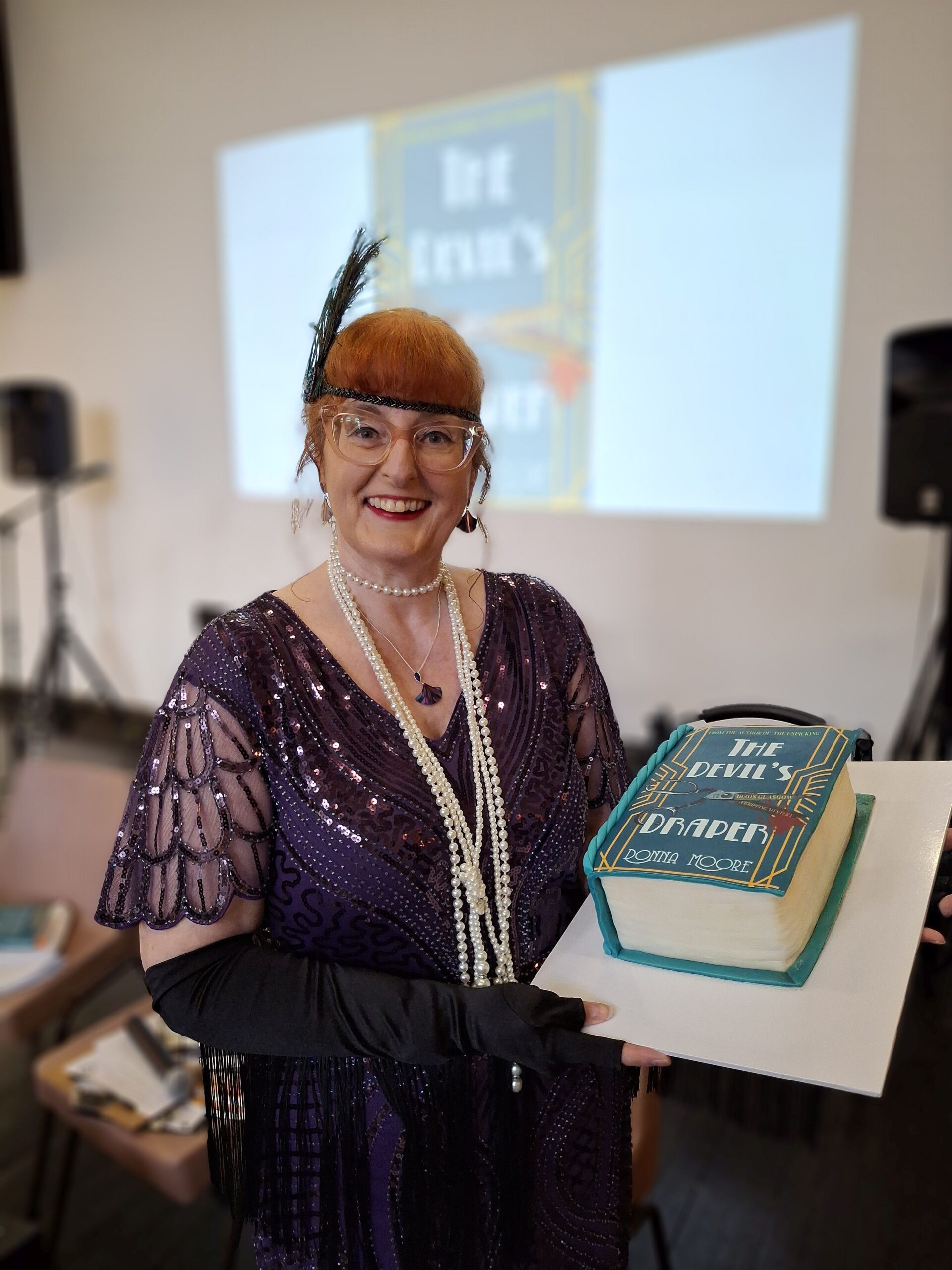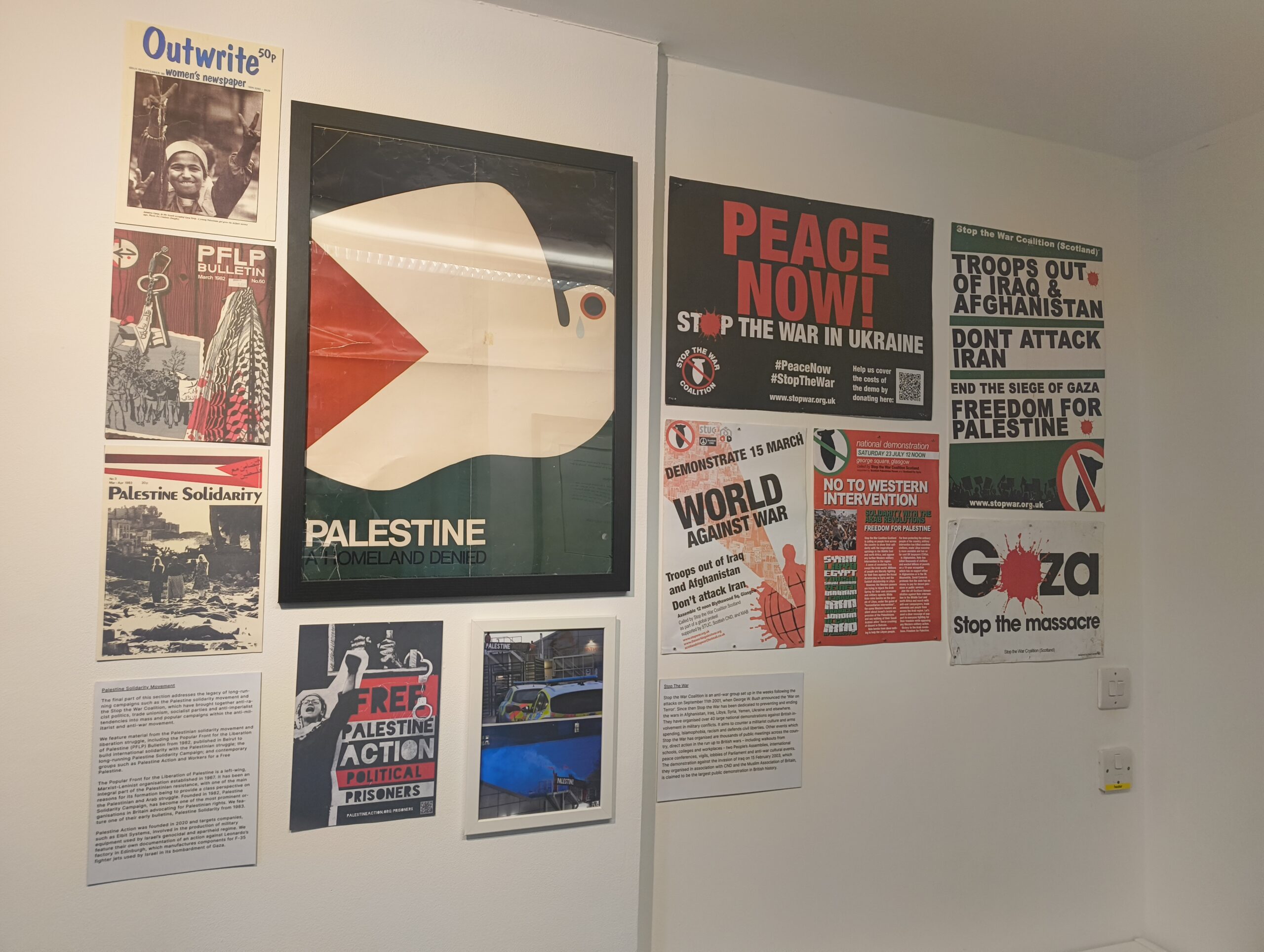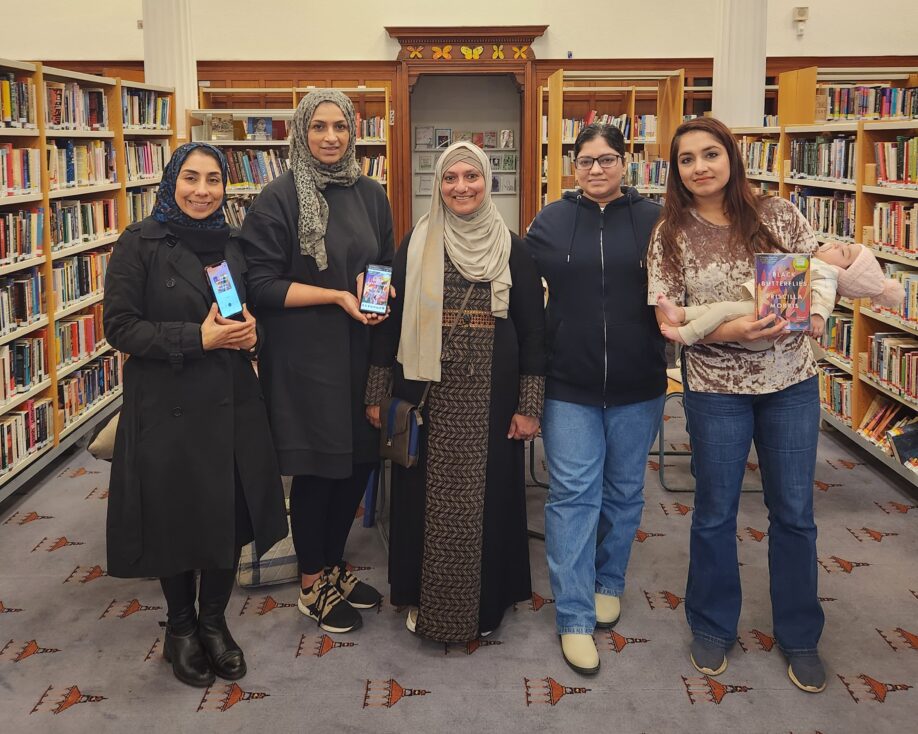Our volunteer Beverly has been looking over the newsletters published and distributed by GWL between 1996 and 2008 (which are now stored in our archive) and finding out more about our history and the kind of things we were doing in that period. In this post, one of a series of blogs exploring the newsletters, she picks out some examples of how GWL has sought to improve women’s health and wellbeing over the years covered by the newsletters.
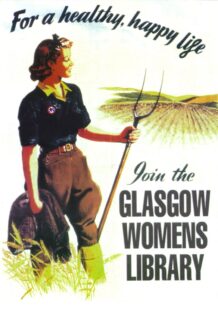
On being asked to examine the topic of health as portrayed in the Glasgow Women’s Library Newsletters published from 1996 until 2008, I was somewhat daunted, despite having been a nursing sister for much of my working life. My dilemma was that many of the elements that contribute to women’s health have already been written about, for example in the post on the Library’s work on domestic abuse. (you can read this here)
This blog explores other aspects of health and wellbeing, and shows the many ways in which GWL has sought to improve women’s health and wellbeing reflecting the World Health Organisation’s definition of health as: “…a state of complete physical, mental and social well-being and not merely the absence of disease or infirmity.” (WHO)
Campaigning for an end to Violence against Women
No woman is truly healthy while being controlled by another person or treated as a second-class citizen and denied the opportunity to fulfil her potential. Domestic and sexual violence damage both physical and psychological health and leaves lifelong scars.
The Spring and Summer 1997 editions of the newsletter raise awareness of how women can reclaim their power, and also of the subtle ways in which women continue to be exploited under the guise of ‘help’.
An account of a Reclaim the Night March in Maryhill on 27 February 1997, when 200 women and children took to the streets with banners, torches and whistles, stated that:
“Women who would never normally walk the streets alone felt empowered by the experience”.
Book reviews in the newsletters often throw light on where people were ‘at’ in terms of the issues of the day. A review of the book ‘Sex Work on the Streets: prostitutes and their clients’ by McKeganey and Barnard (OU Press 1996) for example is critical of the tactics of researchers who issue condoms, drug use equipment and health advice purely as a means of finding subjects for research, rather than out of genuine concern.
In The case For Taking the Date out of Rape by Aileen McColgan, the writer asserts
Rape has long been denied or belittled, rapists unacknowledged or forgiven. Date rape is simply the latest in a long line of strategies to cover up the reality of rape.
The reviewer concludes in a slightly resigned way that ‘It is a man’s world. Maybe we should do more about this. Taking the rape out of the date for instance’. She did however, admit that the book made her angry, and more determined to fight abuse.
Lifelong learning, Reading and Personal Development
Isolation and lack of intellectual stimulation also undermine mental health. New mothers can go for days without speaking to another adult. Retired professional women can also become invisible. So many women’s accomplishments can be overlooked, forgotten and their skills under-utilised. Anger, frustration and depression may result.
Glasgow Women’s Library offered a plethora of events in the Winter of 97/98 that might have met the needs of women who feel isolated – groups offering support with self-esteem, the menopause, eating disorders and post-natal issues. There was also an opportunity for women to relate their own experience of menopause for a forthcoming book.
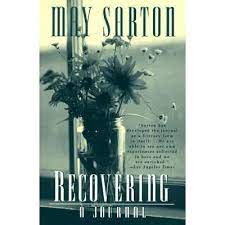
Other women might have found strength and solidarity after being prompted by the article ‘Recovering – A Journal” by May Sarton (The Women’s Press 1997). She writes of how her partner’s dementia ended their long-term relationship and of dealing with the trauma of a mastectomy and bouts of depression. At least one of these issues will crop up in the lives of many women.
Mother Journeys: Feminists Write About Mothering by Reddy, Roth and Sheldon was reviewed in the Summer 1998 edition. This compelling collection of essays, stories, poems, and artwork investigates the dual issues of feminism and motherhood, prompting us to see pregnancy and childbirth in different ways.
HIV/AIDS
Issues affecting Women with HIV/AIDS were high profile in the 1990s and GWL sought to provide support and information to women and their children. There is a plethora of events and articles in the newsletters. Many were advertised on behalf of or in collaboration with PHACE West. (Project for HIV and AIDS Care and Education).
In 1997, GWL was commissioned by PHACE West to update the Women, HIV/AIDS bibliography to be distributed at ‘The Gathering’ – A conference for women and people working or providing services to women, who are affected by HIV in the West of Scotland. This was a much-welcomed event, since most services focused on the East of Scotland.
At a time when HIV/AIDS was regarded as an almost entirely male issue, women were in danger of being overlooked, but as always, GWL was able to acquire and review books on the subject, letting women know that they were not alone. The review of Vamps, Virgins and Victims: How can women fight AIDS’? is an informative read for any woman affected. The author, Robin Gorna, argues that campaigns do not adequately reflect the impact of the virus on women and that the social and economic impact on women is largely ignored. There is also a lack of research into the impact of HIV on women’s physiology. The author examines how women acquire and transmit HIV and considers political implications as well as prevention.
Raising awareness of health services for women
The Year 2000 found the newsletter publicising the work of the new Centre for Women’s Health in Sandyford Place. Genito-Urinary and Reproductive Health Services were integrated with the aim being to ensure that gender specific services were open to all.
A later article highlighted the work of the Asian Women’s Support Project at the Sandyford Centre. Asian women who were themselves users of the service were there to support other Asian women.
These are just some of the issues affecting women’s health that are addressed in GWL’s newsletters. Articles on breast cancer, ageing and lupus also appear. A regular column on the problems faced by asylum seekers in Glasgow also gives glimpses into the affects of poor housing, post-traumatic stress and more on health. Unfortunately, space precludes further analysis. It is fair to say that GWL has always been abreast of contemporary health issues and has tried to support and educate women through peer support, education and sharing of information.

